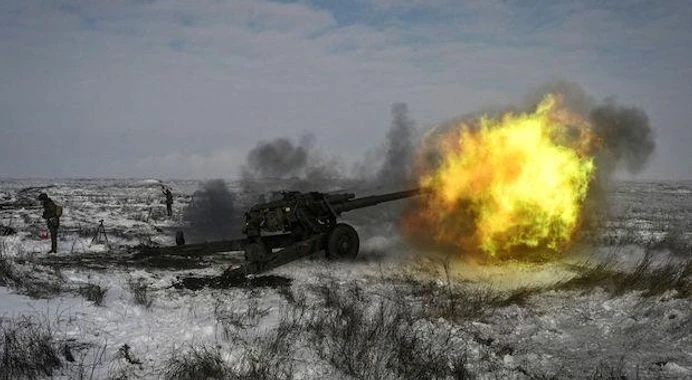From lockdown to plight of migrant workers: 2020, the year of pandemic
It was a year marked by loss. The pandemic exacted a heavy toll, devastated the economy and upended every aspect of life. Here's a look at what we weathered and how we adapted to change...

Millions of factory workers were rendered homeless and jobless after the lockdown shuttered businesses overnight. Stranded without food or water, they began to flee cities, turning the lockdown into a humanitarian crisis.
India came to a screeching halt in March as the government imposed the strictest lockdown anywhere in the world. Places that would normally be bustling with people and traffic became virtually empty.
The intense focus yielded in a breakthrough in a record-breaking time of less than a year. By December, Pfizer and Moderna vaccines were approved for use in the US and UK. Affordable vaccines by India's Bharat Biotech and Serum Institute are also being readied for roll-out soon.
Early on in the coronavirus outbreak, contact tracing became a vital tool in India's efforts to rein in the virus.
As the lockdown closed all public transport, millions were driven to walk back to their villages hundreds of kilometres away. It was one of the biggest migrations in modern India.
From bakery shops to ride-hailing companies, plastic sheets were put up to guard against the coronavirus and prevent infections.
Many ambulance workers got infected while ferrying coronavirus patients during the pandemic.
As the virus spread rapidly throughout the country, stadiums, hotels and train coaches were hurriedly turned into makeshift hospitals.
Also Read
Don't miss the most important news and views of the day. Get them on our Telegram channel
First Published: Dec 25 2020 | 10:47 PM IST


)